ORAL SURGERY
Dental Extractions
A dental operation called a tooth extraction involves entirely removing your tooth from its socket. This is sometimes referred to as “pulling” a tooth.
A local anesthetic will be administered to you, numbing the area around your teeth so that the process will only cause you to feel pressure rather than pain. The dentist next uses an elevator to loosen the tooth and forceps to extract it. Stitches are placed if required.

ORAL SURGERY
Dental Extractions
A dental operation called a tooth extraction involves entirely removing your tooth from its socket. This is sometimes referred to as “pulling” a tooth.
A local anesthetic will be administered to you, numbing the area around your teeth so that the process will only cause you to feel pressure rather than pain. The dentist next uses an elevator to loosen the tooth and forceps to extract it. Stitches are placed if required.


ORAL SURGERY
Wisdom teeth Removal
Wisdom tooth extraction surgery is a technique that removes the third set of molars. These molars, commonly termed “wisdom teeth,” typically emerge between ages 17 and 25.
The technique is also called a wisdom tooth extraction. Healing following wisdom teeth removal can take up to six weeks, but most people can go back to normal activities in a day or two.
Most people have at least one impacted wisdom tooth, meaning it does not have enough capacity to grow naturally. By getting your wisdom teeth removed—either because of an impaction or because they have the potential to cause issues—you can ensure they don’t damage the surrounding teeth and bones.
ORAL SURGERY
Wisdom teeth Removal
Wisdom tooth extraction surgery is a technique that removes the third set of molars. These molars, commonly termed “wisdom teeth,” typically emerge between ages 17 and 25.
The technique is also called a wisdom tooth extraction. Healing following wisdom teeth removal can take up to six weeks, but most people can go back to normal activities in a day or two.
Most people have at least one impacted wisdom tooth, meaning it does not have enough capacity to grow naturally. By getting your wisdom teeth removed—either because of an impaction or because they have the potential to cause issues—you can ensure they don’t damage the surrounding teeth and bones.

ORAL SURGERY
Root End Surgery (Apicoectomy)
A common dental surgery called an apicoectomy involves removing inflammatory gum tissue and the tooth’s root tip while leaving the crown in place. It operates on the apex, which is the end (or tip) of your root and is why it’s frequently referred to as a root-end resection.
This type of procedure is usually performed by our Root Canal Specialist when a standard root canal treatment or a Re-treatment has failed.
An apicoectomy is usually advised to prevent further complications and when there’s no alternative except removal of your entire tooth.

ORAL SURGERY
Root End Surgery (Apicoectomy)
A common dental surgery called an apicoectomy involves removing inflammatory gum tissue and the tooth’s root tip while leaving the crown in place. It operates on the apex, which is the end (or tip) of your root and is why it’s frequently referred to as a root-end resection.
This type of procedure is usually performed by our Root Canal Specialist when a standard root canal treatment or a Re-treatment has failed.
An apicoectomy is usually advised to prevent further complications and when there’s no alternative except removal of your entire tooth.


ORAL SURGERY
Removal of Tumour/Cyst/Fibroma
Depending on the type of lesion you have, its stage of growth, and your symptoms, there are many treatment options for jaw tumours and cysts. Surgery is typically used to treat cysts and tumours in the jaw. Medical therapy or a surgical and medical therapy combination may be used as a treatment in specific circumstances.
ORAL SURGERY
Removal of Tumour/Cyst/Fibroma
Depending on the type of lesion you have, its stage of growth, and your symptoms, there are many treatment options for jaw tumours and cysts. Surgery is typically used to treat cysts and tumours in the jaw. Medical therapy or a surgical and medical therapy combination may be used as a treatment in specific circumstances.

ORAL SURGERY
Biopsy
A biopsy is a procedure in which a little sample of tissue or cells is taken from a specific area of the body and examined under a microscope to determine whether cancer or any other abnormality is present.

ORAL SURGERY
Biopsy
A biopsy is a procedure in which a little sample of tissue or cells is taken from a specific area of the body and examined under a microscope to determine whether cancer or any other abnormality is present.

Waste no time when it comes to your dental health.
Get in touch with us for an Expert Dental Consultation!

